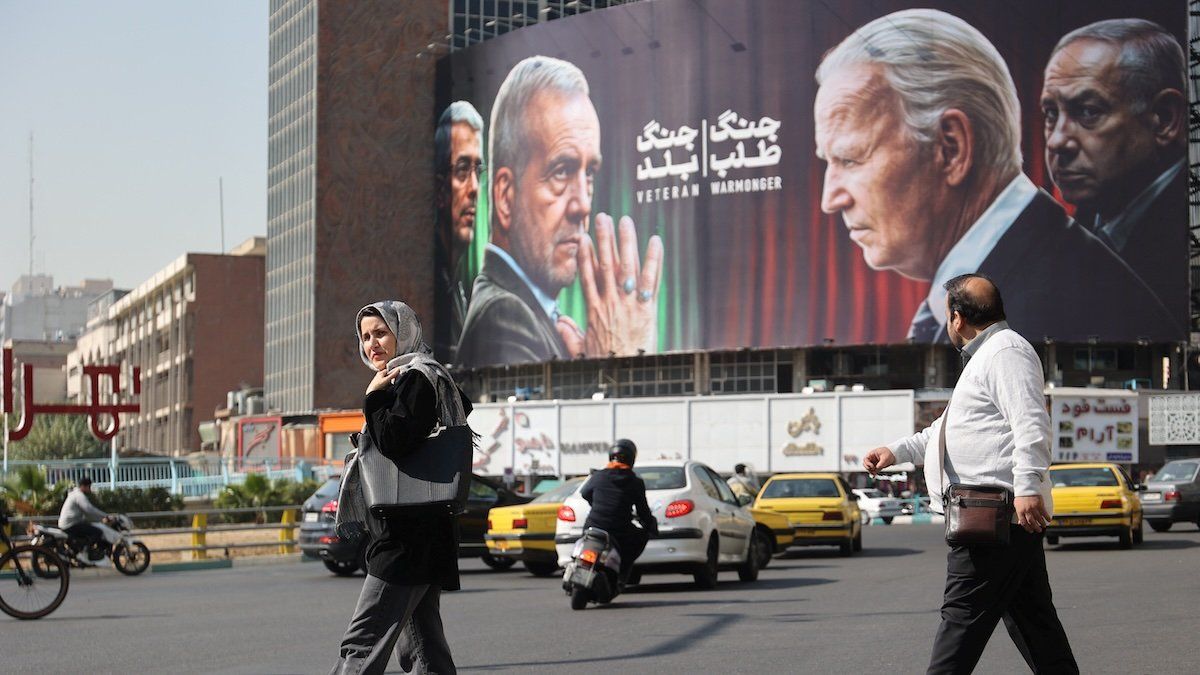Iran initially downplayed the significance of Israel’s recent attack on Iranian missile production sites and air defense batteries, signaling that Tehran wasn’t in a big hurry to strike back. But new reporting from CNN indicates that Iran is planning a “definitive and painful” strike against Israel — probably before Election Day in the US on Nov. 5.
A separate report from Axios, citing Israeli intel, also suggests that Iran would carry out the attack in the coming days and would potentially do so via proxies in Iraq to reduce the likelihood of Israel striking Iranian territory again.
These reports are perplexing, particularly given that Iran has made assassination threats against former President Donald Trump over the strike he ordered that killed Qassem Soleimani. Attacking Israel just days before the US election could benefit the GOP candidate by putting pressure on the Biden administration to respond, potentially opening the door for Trump to call Democrats weak on Iran.
Along these lines, Ali Vaez, director of the International Crisis Group’s Iran Project, said rumors of an impending Iranian attack “make no sense.”
“Iran has no interest in doing anything that benefits Trump on Nov. 5,” says Vaez, adding that Tehran “needs time to repair and replace its damaged air defense systems and is unlikely to retaliate when its critical infrastructure is so exposed.”
These reports could be a product of “Iranian psychological warfare,” Vaez said, or perhaps Israel is seeking a “justification for a preemptive strike.”
We’ll be watching this space closely in the days ahead.
